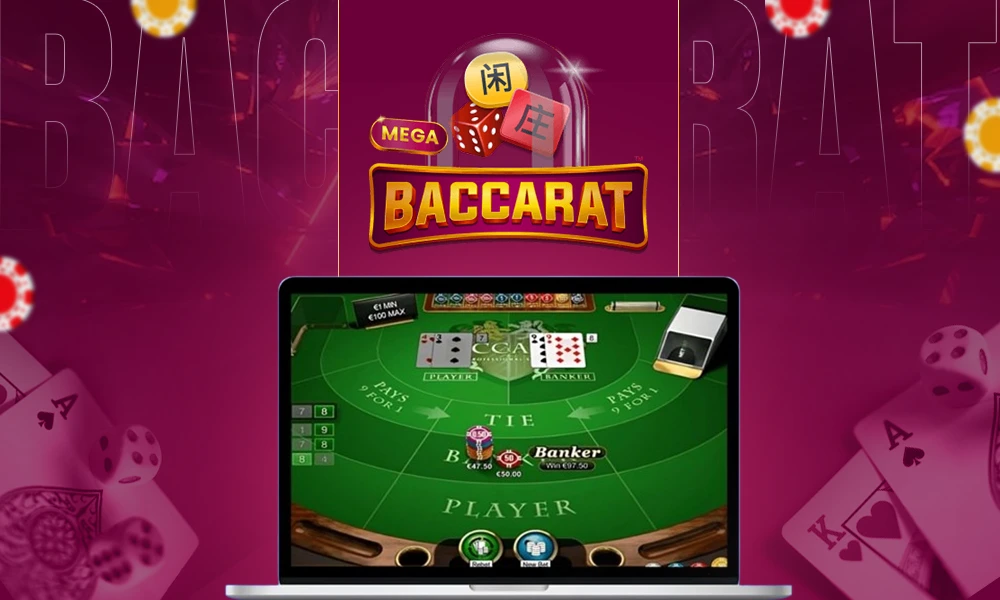Cutting-Edge Tech Taking Events to the Next Level

Events have changed drastically since March 2020, with research by JetBrains News indicating that event organizers have had to rapidly adapt to digital formats and rely on online interactive activities like competitions, real-time chats, and online interactive activities. As the world enters into the state called the new normal, many organizers are hosting hybrid events, using both online and offline formats to reach a wider audience. Pre-recorded content, top-quality video, and other tools have gained new importance in both business-oriented and private events. What technologies are making conferences, parties, and virtual exhibitions more entertaining, intuitive, and practical?
Virtual Walkthroughs of Private Events
Big events like weddings need technological support for everything to go as smoothly as planned, and being able to see and plan the physical elements of one’s reception space virtually before one’s big day can be a major advantage. Event technologies like All seated, for instance, allow organizers to change seating according to the layout of their event space and flag any potential issues early. Changes can be made with just a click of the button, which is particularly useful for those holding destination weddings and planning their event from home.
Artificial Intelligence
In large business events, artificial intelligence can help increase activity rates and keep guests excited by catering different components of the event to individual users. Data indicating guests’ preferences, purchases, and dealings with one’s company can help to create a personalized schedule of events. Organizers can also rely on this information to target loyalty programs, create event gift packs, and determine seats for VIP guests.
Facial Recognition and Wearables
To reduce the length of queues at large events, facial recognition and wearables are being relied upon by savvy companies wishing to permit guests easier access to different parts of events. Facial recognition software can measure guests’ attendance to different components of your event and help staff personalize gift packs. Meanwhile, wearables (ranging from headsets to wristbands and badges) can allow guests to enjoy VR experiences, obtain customer-centered information, and receive discounts, loyalty points, perks, and more.
Gamification
Gamification is an ideal way to boot visitor engagement while also persuading guests to provide you with contact information and network with others at your event. Some event apps allow hosts to organize games and challenges, granting participants points that can be exchanged for goods or services. Games also allow organizers to control the mood of the event by immersing players in specific colors, settings, and design styles that can provide them with a sense of escape. Finally, putting attendees into teams is an excellent way to break the ice and create new networks.
The advent of virtual and hybrid events has led savvy businesses to turn to technology to provide attendees with a seamless, useful, practical experience. Technologies like gamification are turning up attendee’s interactivity while also enabling guests to connect in immersive, sometimes fantastical worlds. Other technologies—such as wearables and facial recognition, improve audience access and divide attendees into different spaces, workshops, or talks within the same event. Virtual tech and 3D design, meanwhile, are enabling private clients to control the layout and set-up of important events like weddings.










